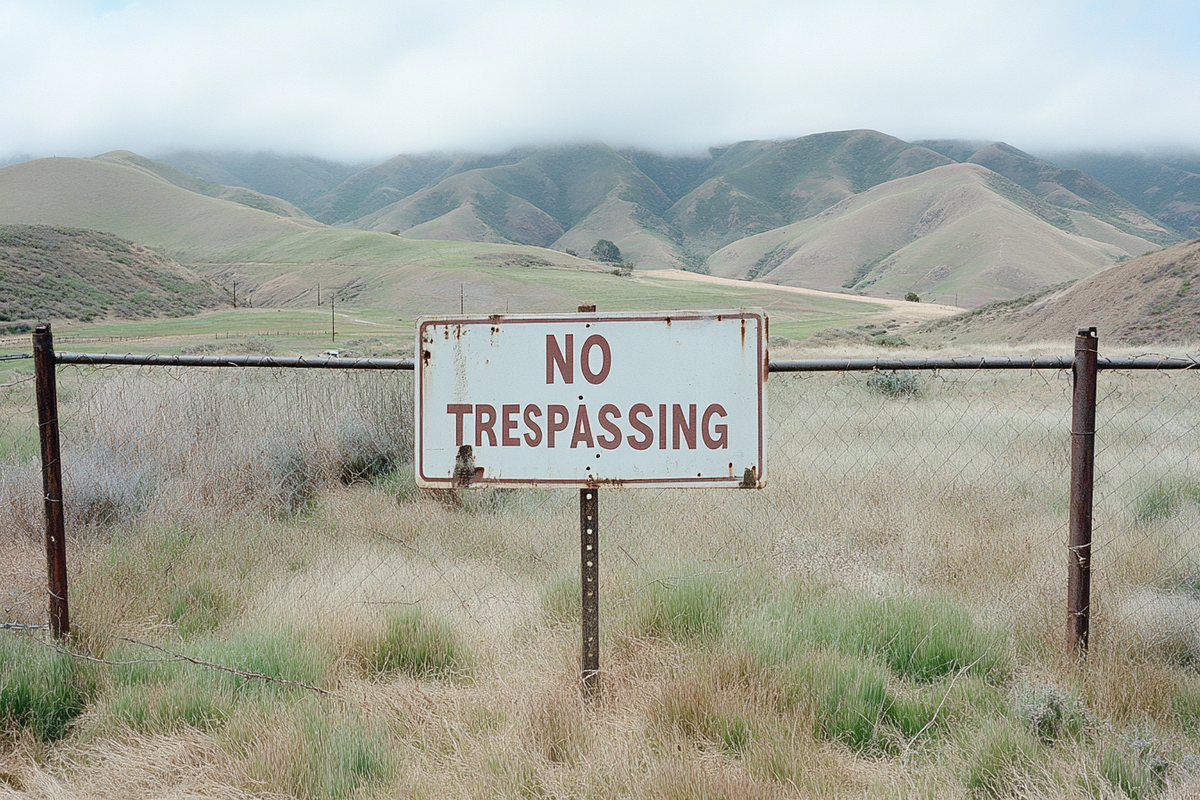In Hamilton v. ConocoPhillips, appellant Lloyd Michael Hamilton (Hamilton) contested a partial take-nothing judgment against him in favor of appellees ConocoPhillips Co. and Burlington Resources Oil & Gas Co. LP (collectively, Burlington). Relevantly, Hamilton argued that he did not consent as a matter of law to Burlington’s use of his surface estate for a horizontal well project.
By way of background, following the death of Hamilton’s father, a division of his 2,000-acre ranch was established through a will, allocating portions to his wife Mary Ellen, Hamilton, and his three siblings. In 2007, an oil and gas lease was executed covering the ranch, which was later assigned to Burlington, and a production sharing agreement (PSA) was established in 2019. After litigation to partition the ranch, the family agreed to a surface partition in 2020. Burlington subsequently staked out a proposed well pad location, which Hamilton objected to, citing concerns about the endangered jaguarundi species. Burlington relocated the pad site but ultimately secured a surface use agreement with Mary Ellen to proceed with drilling.
The Surface Owner’s Objection and the Jaguarundi Controversy
Hamilton filed suit in September 2020, alleging violations of the accommodation doctrine (based on the alleged presence of jaguarundis) and that Burlington breached the oil and gas lease by failing to obtain his consent before constructing the pad. He also sought a declaratory judgment invalidating the surface use agreement between Burlington and Mary Ellen.
Jury Rejects Accommodation Doctrine and Lease Breach Claims
At a pretrial hearing, Burlington argued that the PSA allowed placement of a drilling pad on Hamilton’s property while Hamilton contended that a separate surface use agreement was necessary for drilling activities. The trial court ruled in favor of Burlington, deciding that the PSA allowed off-lease production through a sharing well and, at trial, the jury unanimously sided with Burlington, rejecting the accommodation doctrine claim.
Section 5 of the PSA: Grant or Limitation?
Notably, Section 5 to the PSA gave Burlington easements and rights-of-way on Hamilton’s property for various operations related to sharing wells. Subsection 5(d) limited Burlington’s right to use the surface as follows:
d. . . . . SUBJECT HOWEVER TO THE FOLLOWING LIMITATIONS, TERMS AND PROVISIONS:
i. All above ground surface use and surface operations described herein shall be conducted in accordance with and governed and limited by the existing terms and provisions of the Lease described in Exhibit A dealing with surface use and payment for the use and damages set forth therein.
Hamilton argued that the “subject however to the following limitations, terms and provisions” language required Burlington to obtain a separate surface use agreement for the easement granted in section 5. But such requirement, the Court opined, would nullify section 5.
Court’s Interpretation of the PSA
The Court interpreted section 5 as granting Burlington the necessary easement and right-of-way for sharing well operations under the PSA. Thus, the Court did not view the language in section 5 as requiring a separate consent for surface use.
The Fate of the Trespass and Declaratory Relief Claims
The court also found that the trespass claim failed since it was premised on the same lack of consent and that the request for declaratory judgment regarding the surface use agreement was unnecessary due to established rights under the PSA.










